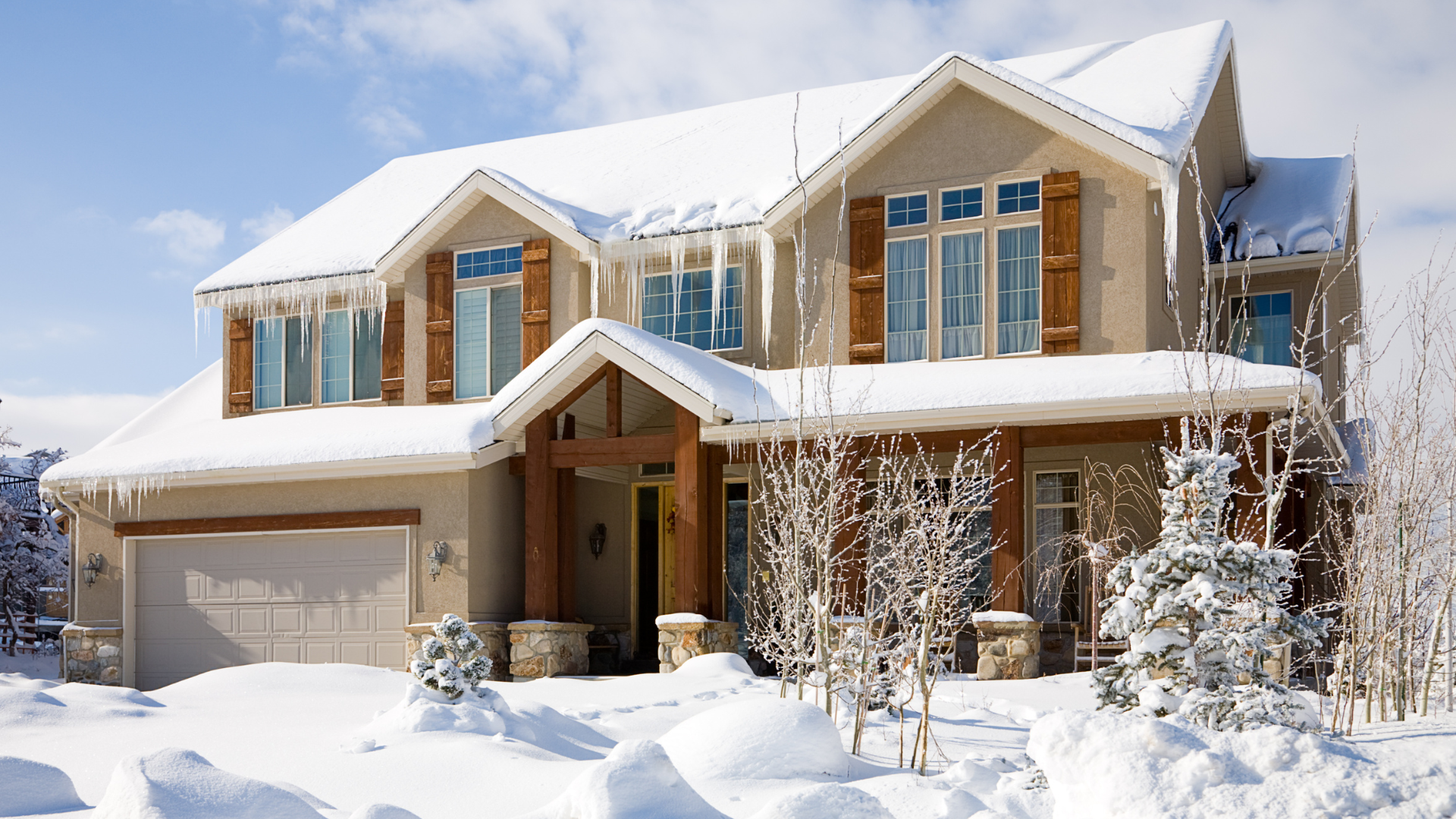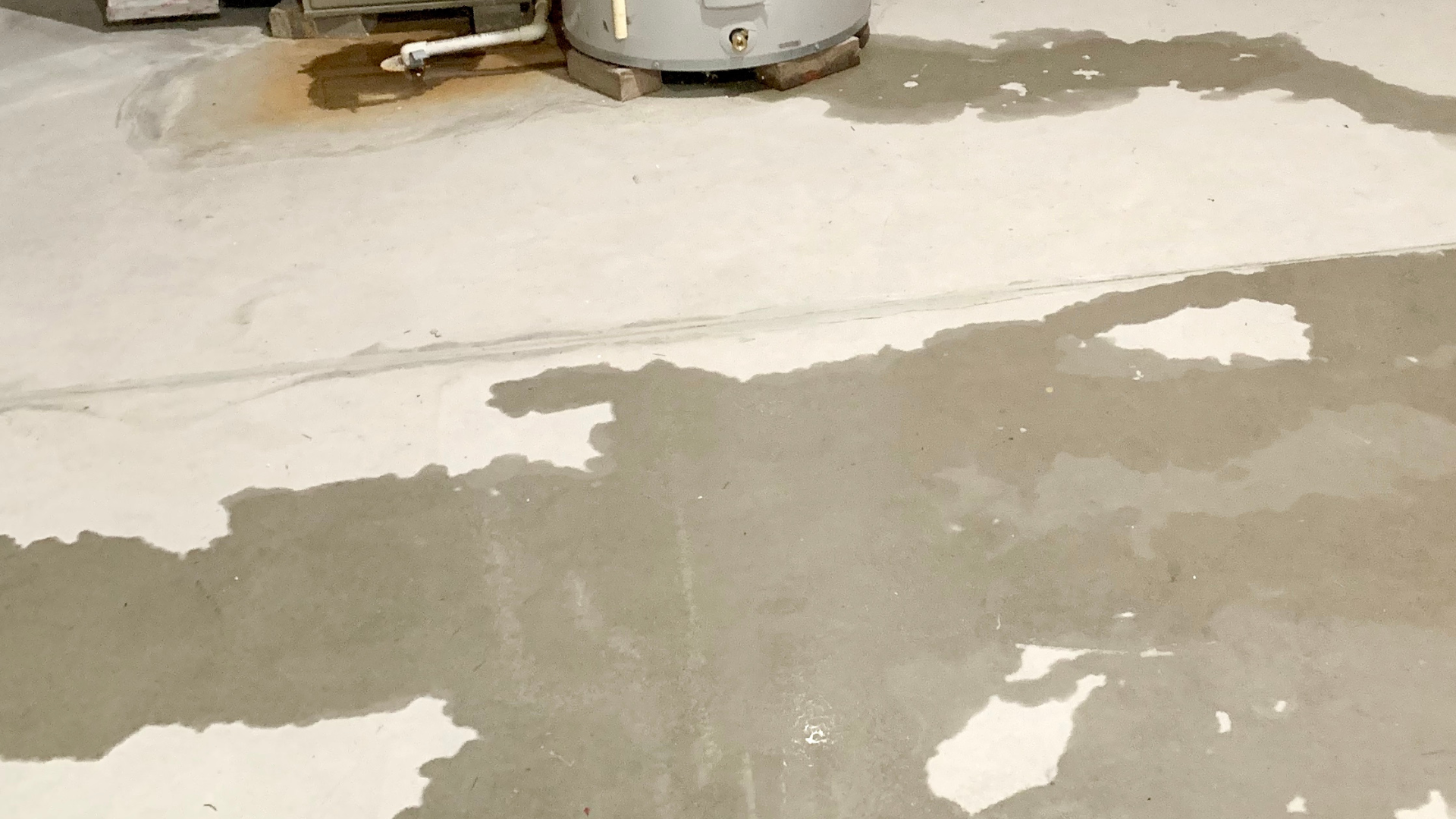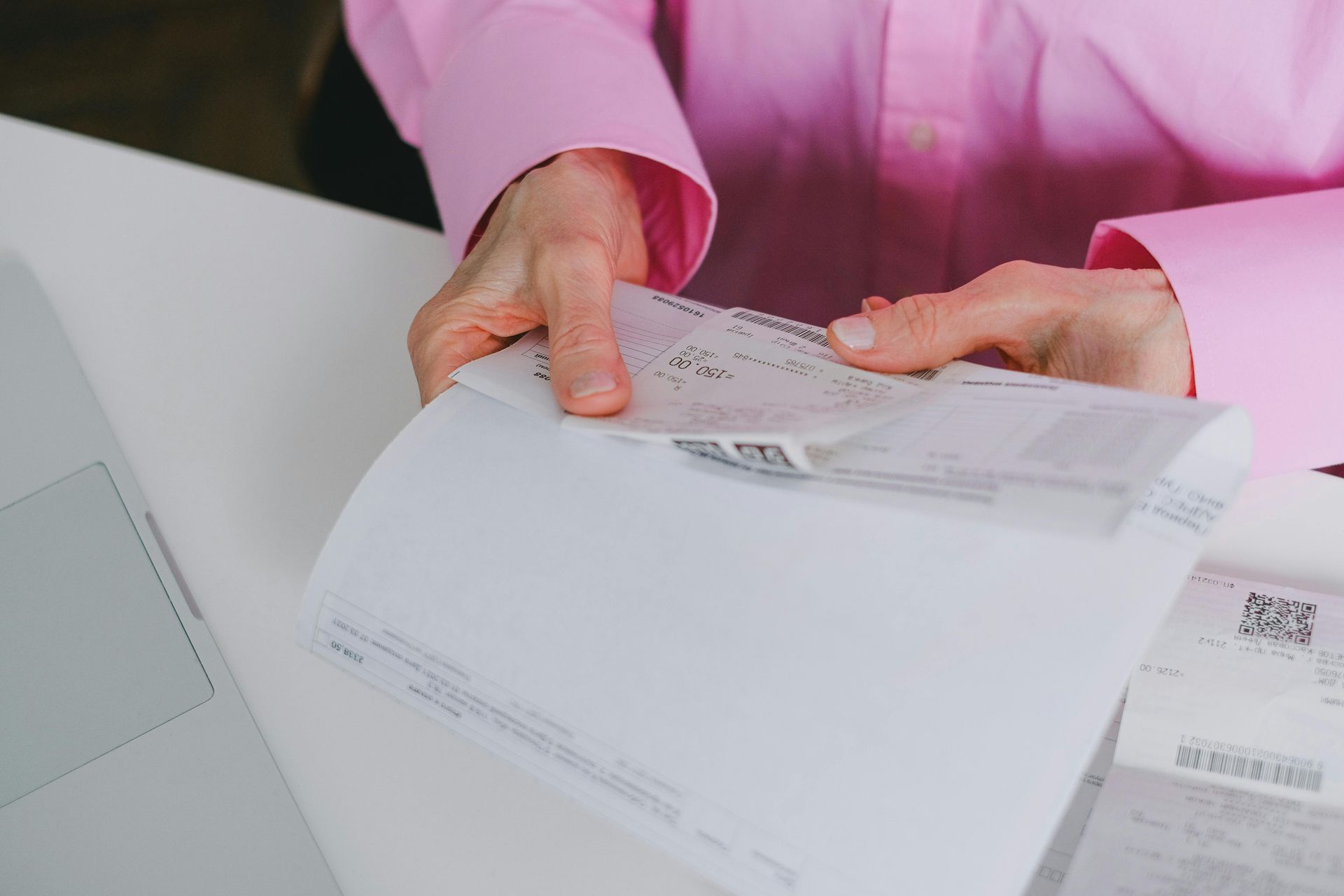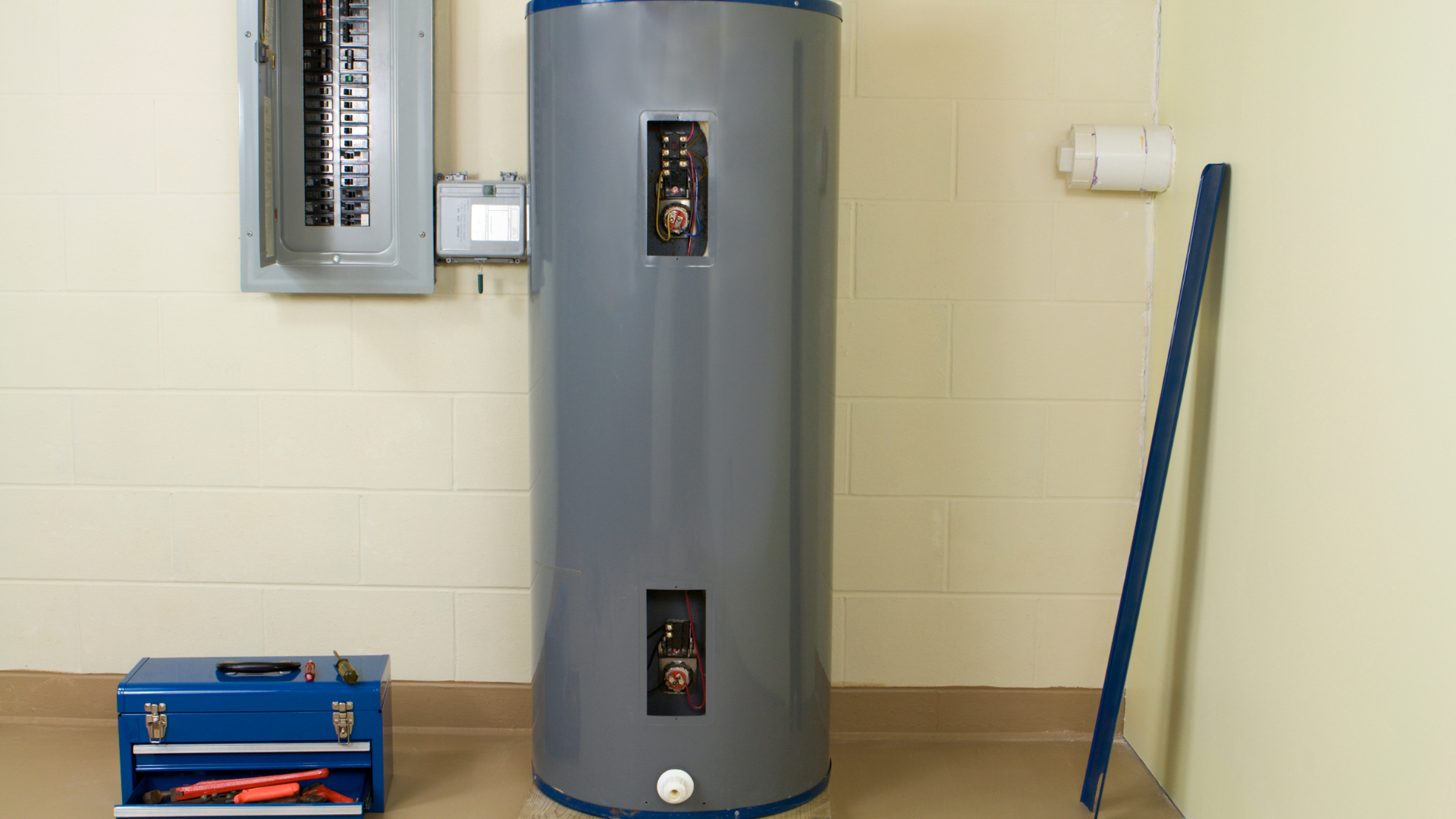Vermont
Your Vermont Home Project: Understanding Licensing, Sales Tax, and Verification

Planning a home improvement project in Vermont involves understanding a somewhat unique approach to contractor licensing and sales tax. While some states have broad general contractor licenses, Vermont focuses on specific trades and registration for larger residential projects. Navigating these details ensures your project is compliant and you're working with qualified professionals.
Contractor Licensing in Vermont: Focus on Registration and Specific Trades
Vermont does not have a statewide general contractor license that applies to all home improvement work. Instead, it has a registration requirement for residential contractors and specific licensing for certain trades.
Here's a breakdown:
- Residential Contractor Registration:
- If a contractor performs residential construction work valued at $10,000 or higher (inclusive of labor and materials), they are required to register with the Vermont Secretary of State's Office of Professional Regulation (OPR).
- This registration requires contractors to:
- Have an active business registration with the Vermont Corporations Division.
- Provide proof of general liability insurance with a minimum of $1,000,000 per occurrence and $2,000,000 aggregate.
- Attest that they will use written contract agreements for projects valued at $10,000 or higher before accepting deposits or beginning work.
- Pay an application fee ($75 for individuals, $250 for businesses).
- This registration aims to ensure contractors are legitimate businesses with a baseline level of insurance and contract transparency.
- Specialty Trade Licenses: Vermont does issue state-level licenses for several specific trades, primarily through the Vermont Department of Public Safety, Division of Fire Safety, Trade Licensing and Certifications. These include:
- Electricians: Master, Journeyman, or Journeyman Type-S licenses are required.
- Plumbers: Master, Journeyman, or Specialist licenses are required.
- Asbestos Abatement and Lead Abatement professionals also require specific certifications and licenses.
- Important Note: HVAC work generally does not require a specific state-level license in Vermont, though technicians may hold industry certifications.
- Local (Municipal) Requirements: While state-level general contractor licensing is minimal, it's always wise to check with your local city or town building department. Many municipalities will require building permits for various projects, and these permits often come with their own requirements, such as proof of insurance or specific local registrations, even if a statewide license isn't needed.
Always ask your prospective contractor about their residential contractor registration number (if applicable to your project value), any specific trade licenses they hold, and their insurance coverage.
Sales Tax on Home Service Projects in Vermont
Vermont has a state sales and use tax rate of 6%. Some municipalities also impose an additional local option tax, typically 1%, bringing the combined rate up to 7% in those areas (e.g., Burlington, Killington, Middlebury).
Here's how sales tax generally applies to home service projects in Vermont:
- Materials (Tangible Personal Property) are Taxable: Sales tax is generally charged on tangible goods (materials, supplies) that a contractor purchases and incorporates into your home. The contractor pays this sales tax when they buy the materials from their suppliers.
- Services (Labor) are Generally NOT Taxable: This is a key point in Vermont. For most services related to the improvement of "real property" (your home, building, or land permanently attached to it), the labor portion of the project is generally not subject to sales tax when charged to the customer.
- Examples of non-taxable labor for real property improvements include: electrical, plumbing, heating, ventilation, and cooling system installations; carpentry; roofing; plastering; foundations; landscaping; and painting. Even improvements and repairs to septic systems, parking lots, and driveways typically fall under this non-taxable labor category.
- Contractor's Role as "Consumer": For real property improvements, the contractor is typically considered the "consumer" of the materials they use. They pay sales tax on their material purchases to their vendors. When they bill you, they include the cost of materials (with the embedded sales tax) and their non-taxable labor, presenting you with a single price for the project that does not have additional sales tax added to it.
- Contractors are often advised to include a statement on invoices like: "The contractor has paid all applicable Vermont taxes on materials used for this job."
- Exceptions (When Labor Might Be Taxable): While rare for typical home improvement, if a service is considered a "fabrication service" or involves the repair of tangible personal property (rather than real property), then the labor might be taxable. However, for most common home construction and renovation, labor is exempt.
It's good practice to get a clear breakdown in your estimate distinguishing between materials (on which the contractor pays tax) and labor (which is generally exempt for you). For specific situations, always consult the Vermont Department of Taxes.
How to Verify Licensing in Vermont
Given the structure of Vermont's contractor oversight, verification involves a few key steps:
- Vermont Secretary of State - Office of Professional Regulation (OPR) License/Registration Lookup:
- This is the primary tool for verifying a Residential Contractor Registration (for projects over $10,000) and for specific trade licenses like electricians and plumbers.
- The OPR typically offers an online search tool.
- OPR Online Services Platform: Search "Vermont OPR Online Services" or similar to find their license verification portal. (Note: A direct, stable public lookup link can sometimes be tricky to find for all categories; searching the OPR site directly is often best.)
- Vermont Department of Public Safety, Division of Fire Safety, Trade Licensing and Certifications: For direct lists of licensed electricians and plumbers. They often have public data sets available.
- Vermont Secretary of State - Business Entity Search:
- Regardless of whether a specific license is required, any legitimate contractor operating as a business should be registered with the Vermont Secretary of State. This confirms their legal status as a business entity in Vermont.
- VT Secretary of State Business Entity Search: https://bizfilings.vermont.gov/online/BusinessInquire/ (or search "Vermont Secretary of State business search")
- Proof of Insurance:
- Since general liability insurance is a key requirement for residential contractor registration, always request a Certificate of Insurance (COI) directly from the contractor's insurance provider. This document will detail their coverage limits for general liability and, if they have employees, workers' compensation insurance.
- Local City/Town Building Departments:
- Even if a state-level license isn't universally required, always check with your local municipality's building department regarding necessary permits for your specific project. They can also inform you of any local contractor registration requirements.
By diligently performing these checks, you can ensure you're working with a legitimate and appropriately qualified professional for your Vermont home project.
Sources and Resources:
- Vermont Secretary of State - Office of Professional Regulation (OPR):
- Residential Contractor Registration Information: Search their website for "Residential Contractors."
- OPR Online Services Platform / License Lookup: Often accessed via the main OPR page.
- Vermont Department of Public Safety - Division of Fire Safety, Trade Licensing and Certifications:
- Official Website (for Electricians, Plumbers, etc.): https://firesafety.vermont.gov/licensing
- Look for master lists of license holders under "Trade Licensing and Certifications."
- Vermont Department of Taxes:
- Official Website: https://tax.vermont.gov/
- Search their site for "Contractors" or "Sales and Use Tax" for detailed guidance on how sales tax applies to construction services (specifically their "Contractors - Vermont Department of Taxes" guidance).
- Vermont Secretary of State - Business Entity Search:
- Business Search Portal: https://bizfilings.vermont.gov/online/BusinessInquire/
Click Another Article to Read More










